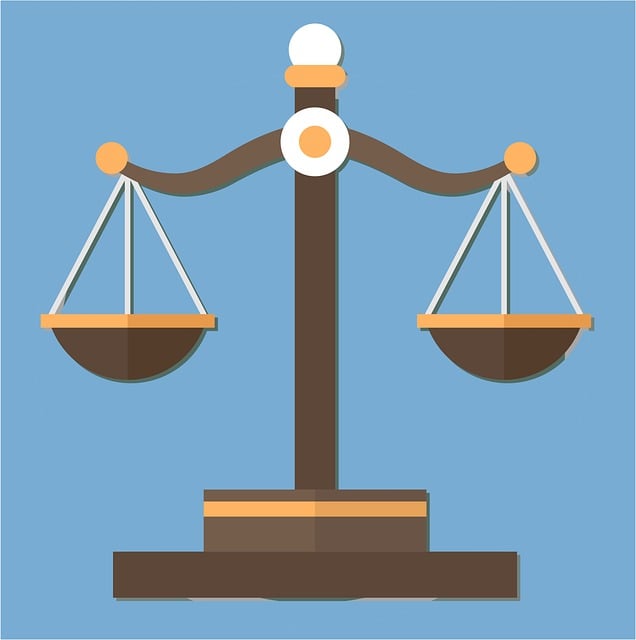Understanding real estate laws and tenant rights is vital for protecting against unlawful eviction and harassment. Local tenancy regulations ensure fair interactions by dictating notice periods, security deposits, and rent increases. Documenting harassment patterns and seeking legal counsel from housing law specialists empower tenants to dispute unfair actions and deter arbitrary evictions, fostering a more equitable real estate environment.
In the dynamic landscape of real estate, understanding your rights is paramount to prevent unlawful eviction or harassment. This comprehensive guide equips tenants with essential knowledge to navigate complex transactions. By recognizing and documenting patterns of harassment, you can fortify your position against potential evictions. Explore legal avenues and discover how to take proactive measures to safeguard your housing stability in the ever-evolving real estate market.
Know Your Rights in Real Estate Transactions

In the world of real estate, knowing your rights is paramount to protecting yourself from unlawful eviction or harassment. As a tenant or buyer, understanding your legal standing in transactions ensures fair and respectful interactions with landlords and sellers. Familiarize yourself with local tenancy laws, which dictate notice periods for evictions, security deposit handling, and restrictions on rent increases.
Delve into the specific regulations surrounding real estate practices in your area. These rules are designed to prevent arbitrary or unjust actions, ensuring both parties involved in a transaction are treated fairly. By knowing your rights, you can confidently navigate any issues that arise, fostering a more transparent and harmonious environment in the process.
Recognize and Document Harassment Patterns

Recognizing and documenting harassment patterns is a crucial step in preventing unlawful eviction or real estate-related harassment. Tenants or homeowners may experience various forms of distress, from persistent verbal abuse to illegal entry and damage to property. It’s essential to identify these incidents systematically. Keep detailed records of each interaction, noting dates, times, descriptions of events, and any evidence, such as text messages, emails, or witness statements.
Documenting patterns can help establish a timeline and prove the intent behind these actions. In many cases, consistent harassment can be grounds for legal action under fair housing laws. Having a comprehensive record enables you to present a strong case against potential perpetrators, ensuring justice and security in your living space.
Legal Action: Protecting Tenants Against Unlawful Eviction

In the real estate sector, understanding your rights as a tenant is paramount to fending off unlawful eviction or harassment. Legal action forms a robust shield for tenants, empowering them to challenge any unfair treatment from landlords. If a tenant believes they are being evicted without just cause or under dubious pretexts, consulting with a legal expert specializing in housing laws is advisable. These attorneys can navigate the intricate legal landscape, ensuring that tenant’s rights are upheld and providing guidance on potential courses of action, such as filing lawsuits or seeking injunctions to halt evictions.
By taking this proactive measure, tenants not only protect their right to remain in their homes but also send a clear message that any violation of their housing rights will be met with legal resistance. This deterrence can significantly reduce instances of arbitrary eviction and harassment, fostering a more equitable and just real estate environment where tenants are afforded the security they deserve.






